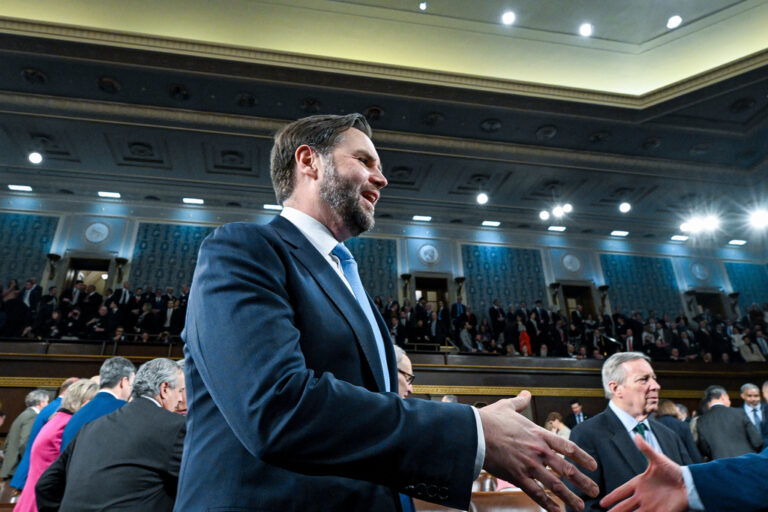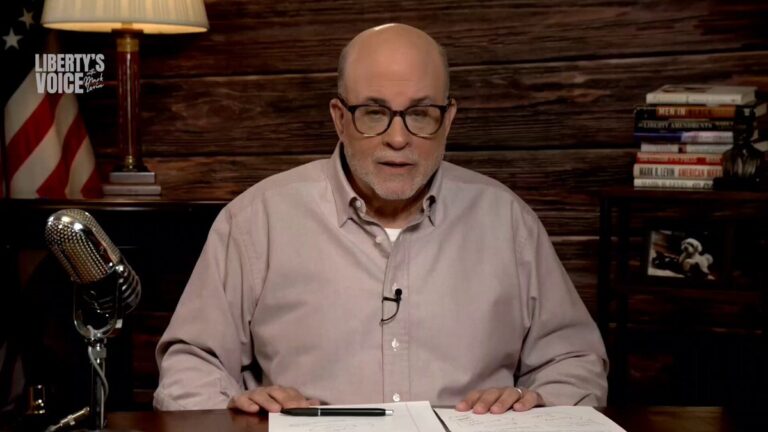Every frum parent knows the crushing burden of yeshiva tuition. Even with the new federal tax credit for private school scholarships, tuition bills will not magically vanish. There will still be thousands of families struggling to pay thousands of dollars per child, per year, in what amounts to a 15-year financial blitz that can bankrupt families and discourage young couples from having larger families.
But think about this: yeshiva tuition is not actually more expensive than public school. In New York City, for example, public school spending exceeds $30,000 per student annually. The difference is that public education is funded through property taxes, spread out over a lifetime. You pay those taxes whether you are 25 or 75, whether you have children in school or not. Yeshiva tuition, on the other hand, is crammed into the 15 critical years when you’re raising kids and building your financial life.
What if we changed that?
Imagine if, instead of paying $15,000 per child per year, you bought a 50-year tuition bond when your child entered nursery. That bond would pay the school the full tuition amount immediately, guaranteeing the yeshiva the funds it needs to function and plan ahead. Meanwhile, you — the parent — would pay off the bond gradually over 50 years, just like you pay your property taxes to fund public schools over your lifetime.
Let’s do some rough math. Suppose your child’s total tuition from age 5 to 20 is about $225,000 (after adjusting for modest inflation). Spread over 50 years, that would be roughly $4,500 per year. Suddenly, that crushing $15,000 bill looks a lot more manageable.
Of course, a system like this would need safeguards. Wealthy donors could back the bonds to ensure solvency, and insurance policies could be built in to cover parents who lose their jobs or pass away. But the core idea is sound: yeshiva tuition is not impossibly expensive — it’s impossibly concentrated.
By spreading tuition costs over a lifetime, just like public school is paid for, we could transform chinuch from a crushing 15-year crisis into a sustainable, long-term investment in our children.
Signed,
S.A.
The views expressed in this letter are those of the author and do not necessarily represent those of YWN. Have an opinion you would like to share? Send it to us for review.












12 Responses
Who would fund the bonds?
And what would insure the schools don’t start charging above the bond amount for “emergencies” leaving parents footing 2 bills.
It’s a great solution, but only addresses part of it. Public schools are funded by everyone, not only those in schools currently. This proposal allows parents to spread out tuition payments, but still puts the entire burden only on the parents, and not on the wider community.
I still agree that this would be far better than the current system.
For those concerned about schools charging above, this could be a clause for schools accepting the bond payments. In case of “emergencies” they would need to fundraise.
Not a bad idea. However, the crux of the issue is that public schools kids get $30k in NY, $18k in Baltimore, etc, and private school kids get zero ( and we have to pay for school lunches). Getting school vouchers that make a dent in the tuition cost is the real battle. The recent legislation offering up to $1700 (and that’s for those earning less than 3x the median income) continues the slap in the face to all citizen tax payers who choose private school.
Good start for a creative conversation!!!
Yid
Obviously the parents of each school would be responsible to pay for their yearly bond securing their child is safely in school for the upcoming year TO THE SCHOOL THE CHILD GOES TO. Not to one bond for yhd entire community of Brooklyn or Lakewood etc…….
what world do you live on where tuition is a “15 year” event. Jewish families are paying tuition from three years after the chasna (avg 22 years old) until 19 years (avg) after their youngest is born at (avg 45+19=64 years old), something like 44 years of paying tuition in the current system! And then there are those grandparents who will be helping their kids pay the next generation of tuition…
When parents of public school children are done with their public school education, they are free to leave the expensive school district and live somewhere with cheaper taxes. Last I heard, Kosher food was expensive as well. Will there be a bond for that too? How about bar mitzvahs and weddings? Bonds? The solution is to create lifelong debt that never disappears?
This idea is only good on paper, if even that. When my children were nursery age, I wasn’t even close to being able to afford a bond. By the time that came into the picture, my kids were a lot older. This idea is not better than birth control. Once again, it addresses the numbers on the paper without regard to reality.
Here’s the issue. Education costs money. We might look for outside sources of funding, governments, grants, and philanthropists. Fund raisers are standard practice. None of that will be given up. Our yeshivos, particularly in the areas of greater concentration of population, are apt to view themselves as competitive. This is apparent in how they brand themselves, their admissions policies, etc. The thirst for money might involve some level of greed, but the reality is that none of the expenses are low. So yeshivos are inthe tight spot of needing lots of money, and having a customer base, i.e., young parents, who are incapable of providing the funds leeded to balance a budget.
Our community has also created the myth of the learning boy, mandating all to avoid training and working, and further depleting the parents of yeshiva kids from producing the inicome needed to cover tuitions.
To date, no one has arrived at an idea that is practical. So yeshivos will do what they always did, and parents will continue to be pressured to make the yeshiva’s budget.
Best Idea I’ve seen. The Syrian community is trying something similar by spreading the tuition cost to the entire population. It doesn’t work bec newlyweds, even working families, cant afford to pay for each person starting from the bassinet. This idea offers an outside solution to the school. You can create a bond fund that functions independently. In Kindergarten, parents meet with the bond agency and set it up that the bond gets a lien on their home in exchange for a monthly fee that spreads tuition out over the parents entire working lifetimes, or as the parents want. they can always restructure it later if they want… That way the school only gets paid ANNUALLY not in one huge chunk or in tiny droplets for 50 years and the parents are in control of when and how they can pay. It would be important that this bond is cancelable and transferable in the sense that the lien is only on the amount the kid went to school already AND if the child switches schools for whatever reason the new school can collect instead. Brilliant idea!!!
Register a hundred thousand yeshiva students in public school. The government has no space so they will give yeshivas the money to survive.
where is the UJA in all of this? Are they concerned with alternative lifestyle as usual?
the new $1700 credits goes some way towards this goal. It is not $1700 per school family, it is per taxpayer who redirects his taxes to paying for someone’s tuition – exactly as the OP suggests. So, just add additional amount to the same pot as a private initiative.